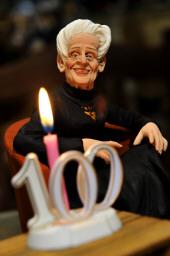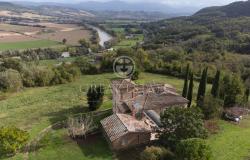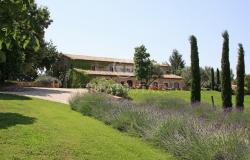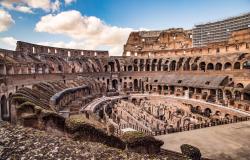Nobel prize winning scientist Rita Levi Montalcini was feted Wednesday as she turned 100 with a gala party at Rome's city hall.
For the occasion, the government announced six million euros of funding to keep young researchers in Italy and an extra half million euros to keep Montalcini's brain research lab Ebri going.
''I would never have dreamed of such incredible gifts,'' said Montalcini, stressing that she devoted years to stemming Italy's brain drain and recalling her 15 years ''in exile'' in the United States.
Among those celebrating Montalcini was Stanley Cohen, the US scientist with whom she shared the 1986 Nobel Prize in Medicine for their discovery of Nerve Growth Factor in the peripheral nervous system.
''We worked together for some many years and never argued,'' said Cohen, 86.
Asked last week to disclose the secret behind her long and healthy life, Montalcini said: ''Be happy to be alive and to be of service to others''.
''Perhaps the secret is to totally forget about yourself''.
In the past, the outspoken scientist has come out against obliging people to retire, something she defined as ''pre-death'', and has sharply criticised government spending cuts to scientific research and development.
She also bashed conservatives and the Church for opposing embryo research and accused fellow scientists of being co-responsible for the development of lethal high-tech weapons.
Montalcini was born in Turin on April 22, 1909 and obtained an honours degree in medicine and surgery from the city university in 1936.
Two of her university colleagues and close friends were Salvador Luria and Renato Dulbecco, who were later to receive the Nobel prizes in physiology and medicine, respectively.
After specialising in neurology and psychiatry she began work as a university assistant but, in 1938, was forced by Fascist religious persecution laws to leave her job.
Undeterred, she continued her research from her home.
Her most important work was carried out during her stay at Washington University in St Louis, Missouri.
She is a member of numerous scientific academies, including the American Academy of Arts and Sciences, the Pontifical Academy of Sciences and the Royal Society of London and was the first woman to be admitted to Italy's Accademia Nazionale dei Lincei in 1976.
In 2001, she revealed she had lost her eyesight but would continue working because her path was illuminated by the ''light of science''.










